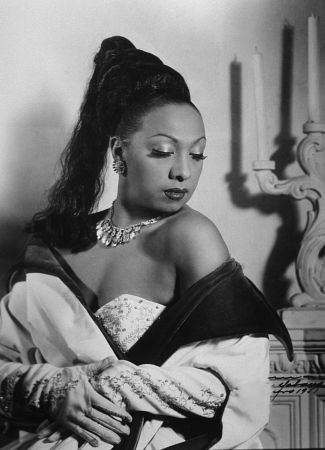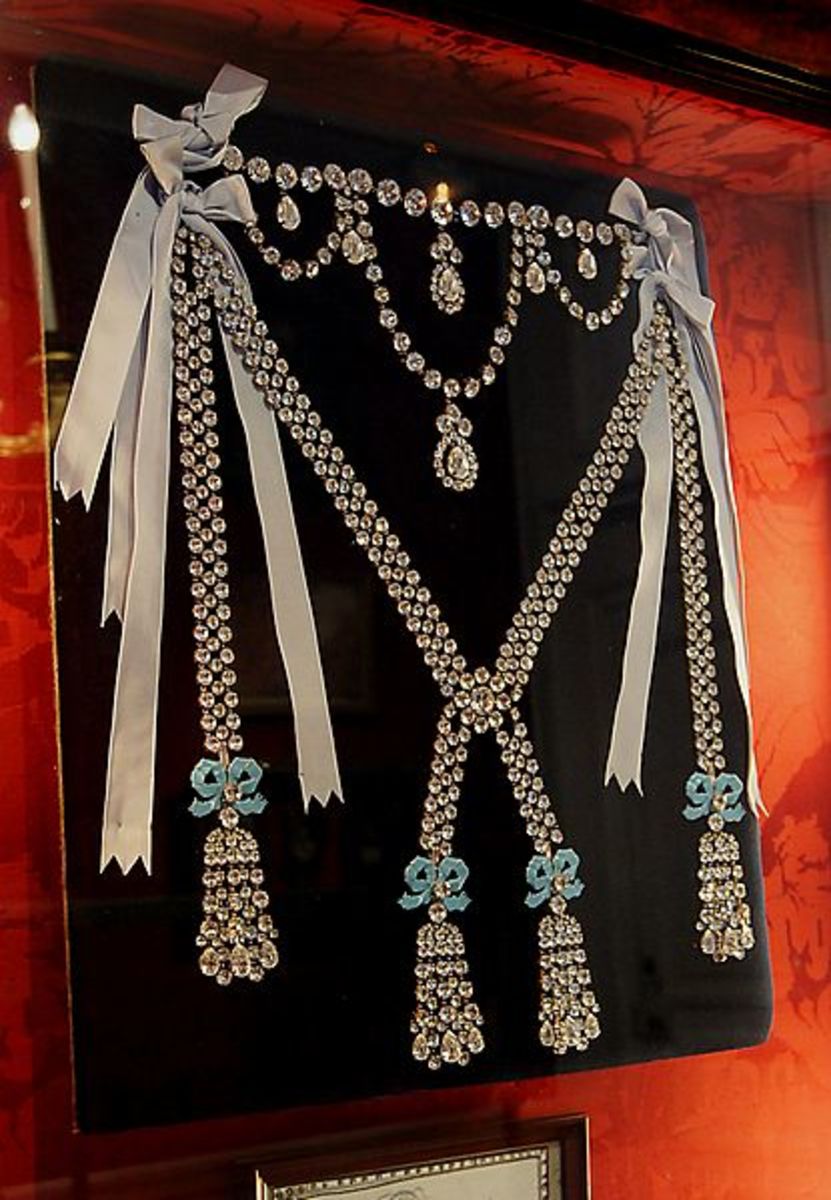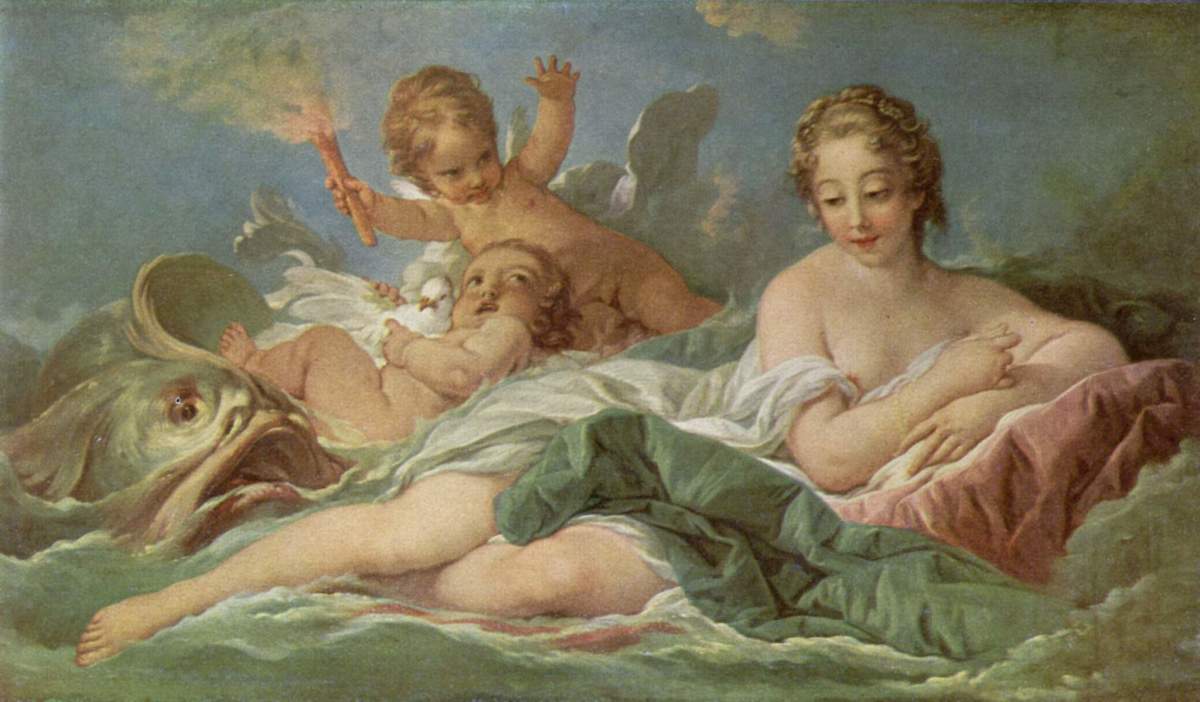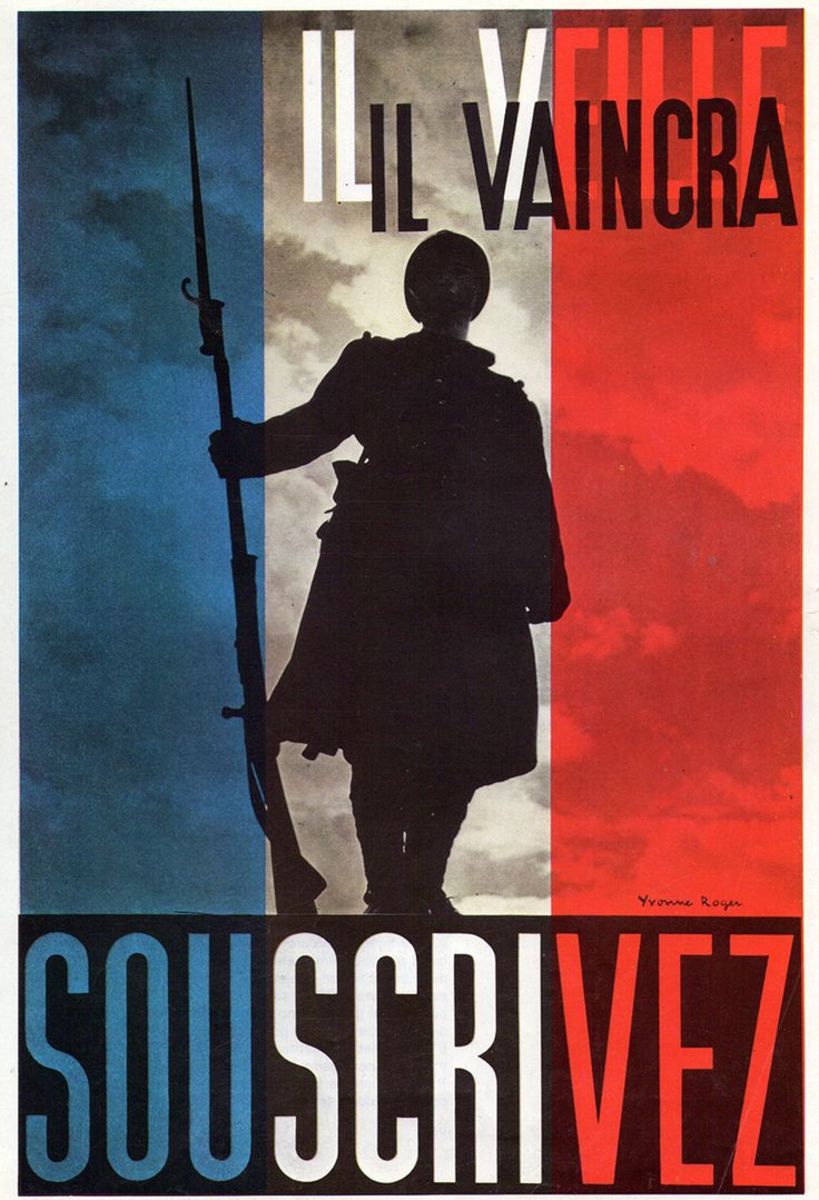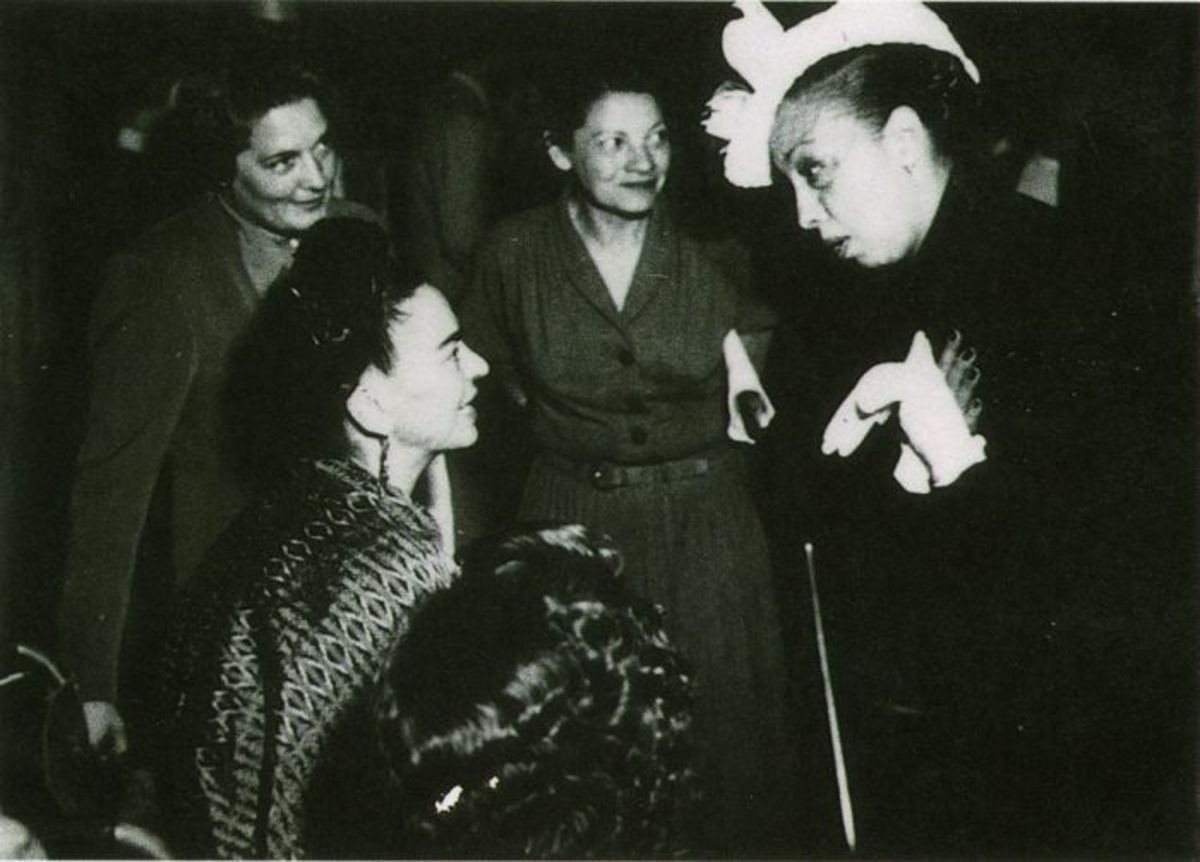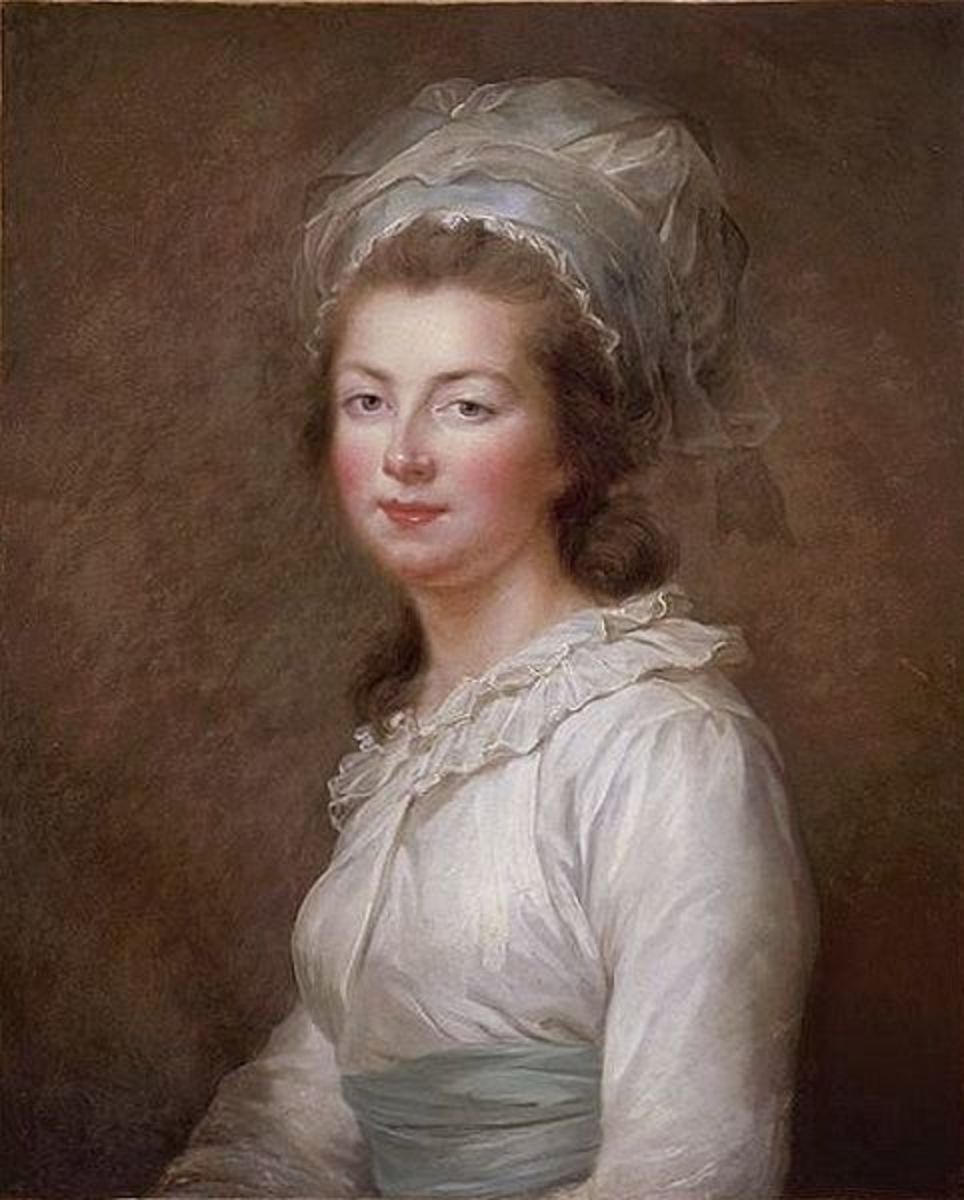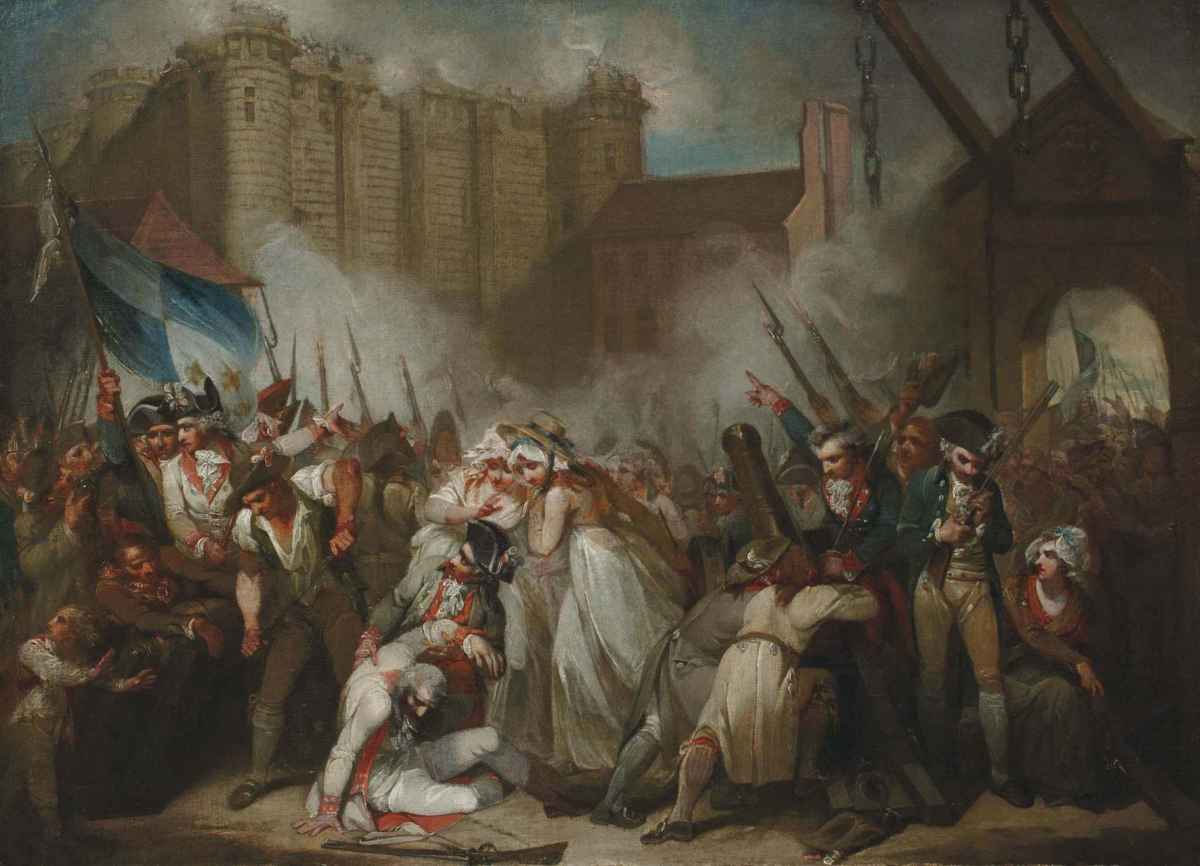- HubPages»
- Education and Science»
- History & Archaeology»
- History of Europe
The Singing Spy: Josephine Baker
Josephine Baker in Her Banana Skirt
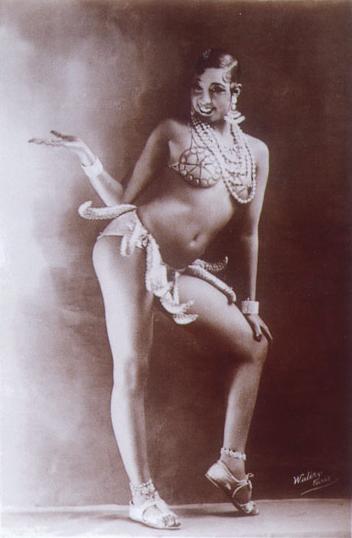
The Singing Spy: Josephine Baker
Born June 2, 1906 as Freda Josephine McDonald, Josephine was born in the poorest section of St. Louis, Missouri. How poor was her family? They lived in cardboard boxes and fed themselves with whatever they could find in the garbage or on the street. How’s that for poor?
Josephine wasn’t keen on staying that way though, and she and her family worked many domestic jobs to help them survive. Sadly, this meant working for wealthy white families who had no affection for black people—once a white woman burned Josephine’s hands after the young girl accidentally used too much soap in the laundry. When she wasn’t working those horrible jobs, Josephine made a little extra money by dancing on sidewalks.
Perhaps thinking that she needed additional support, Josephine married her first husband Willie Wells—when she was thirteen years old. They divorced soon afterwards and Josephine was then married for a short time to Willie Baker, whose last name she kept. Josephine would marry twice more later in life, and her adopted son Jean-Claude has stated that Josephine was bisexual, once having a relationship with artist Frida Kahlo.
When she was thirteen, Josephine got a job as a waitress at The Old Chauffeur’s Club nightclub, and her life began to change dramatically. Eventually, she worked her way up to being a dancer for the club’s band, but her mother was far from impressed. Josephine’s mother didn’t consider dancing to be legitimate, honest work and she frequently chastised her daughter about it, telling her to go back to waitressing and taking care of her husband. Josephine was hurt by her mother’s opinion, but rather than listening to her, Josephine decided to pursue a career in dancing and singing, joining a chorus line in Chicago and then the Ziegfield Follies in New York. Josephine was billed as “the highest-paid chorus girl in vaudeville,” something that brought her a lot of grief from many bigots; Time magazine once referred to her as the “Negro wench.” Years later when she was an international star touring the United States, 36 hotels refused to serve her because she was black.
Josephine then joined the “Revue Negre”, touring with other black entertainers in Paris, France. The show ultimately failed, but the French were mesmerized by Josephine’s dancing, particularly her famous erotic “danse sauvage,” (where she danced in a revealing costume made of fake bananas.) The French had never seen anything like it, and soon Josephine was being offered gigs in cabarets and theaters all over France. Suddenly, Josephine found the fame and acceptance that had been refused to her in the United States. There she was just a black dancer, but in France she was a blockbuster star.
From that moment on, France became her home.
Voila Paris, 1955
Now that her dancing was amassing her a fortune, Josephine quickly set out and purchased Chateau des Mirandes, filling it with, among other things, her own personal menagerie which included her pet cheetah Chiquita (whom she would often bring on stage with her and it would frequently pounce on the musicians in the orchestra pit.) Over the years she would go on to adopt twelve children—all orphans of different races, whom she affectionately referred to as “The Rainbow Tribe”—from different parts of the world, and she loved each one dearly.
Not only was Josephine famous for her singing in dancing, she was also famous for her starring roles in three French films, and her style came to signify everything that was Art Deco. Josephine was often cited as an inspiration for many creative minds, including Christian Dior, Ernest Hemingway and Pablo Picasso, who praised her as “the modern Nefertiti.” She tried to revive her career in the United States, but was met with such scathing reviews and insults that she gave up her American citizenship altogether, becoming a legal citizen of France in 1937. Once she had rid herself of her marriage to her first husband, Josephine then married a Frenchman named Jean Lion.
Everything seemed perfect for Josephine now …
And then Germany invaded France.
In 1939, France declared war on Germany and Hitler retaliated, sending in his troops to swiftly overwhelm the country, capturing a large portion of it and placing it under the control of the Vichy (fascist French supporters of the Nazis) government. Josephine was horrified by what was happening to her adopted home and wanted to do something to help the people who had welcomed her there. Knowing that she wanted to help, her friend Daniel Marouani sought out his friend, Captain Jacques Abtey, who was a member of the French intelligence, and offered Josephine’s services to the Resistance. Captain Abtey was thrilled by the idea—Josephine was often invited to events where Nazi officials would be attending, so she could easily pick up information while talking to them. Abtey relayed the idea back to his superiors who readily agreed, accepting her before Josephine ever knew that she was now an agent!
Now her handler, Abtey trained Josephine in all the techniques employed by spies and she quickly set to work. After receiving permission from the occupying Nazis to leave France on a “tour,” (during which they looted her chateau,) Josephine went to Madrid, Spain, where she performed in a cabaret. Her real mission there was to unmask two Nazi operatives who had been sabotaging the only escape route for French refugees—there were many French generals and politicians who were trapped because the journey was just too risky as long as these two Nazi agents were at work. Those who had tried had been captured and sent to concentration camps, were they had been killed.
How Josephine discovered the agent in charge she was always reluctant to admit, but she found the right one: 6’4”, muscular Heinz Reinart, chief of the Gestapo, somehow let his guard down around Josephine, allowing her to discover his real identity. In doing so she also found the name of the other Nazi agent, Karl Klump, and reported her discovery back to Abtey and her superiors. Reinart and Klump were swiftly removed, and the Nazis had no idea who had unmasked them.
Josephine returned to France briefly to spy on Vichy officials, though she was reluctant to do so, saying, “I shall not play again before the last Nazi has been driven out of France.” Abtey convinced her that she would be more useful spying in Vichy, helping his own superior Commandant Palloile (already there pretending to side with the traitors) establish the most effective spy network that covered all of France. While there, a fellow agent arrived with a cash reward of 1000 pounds for all the risks she had taken. Josephine refused the money, never accepting any kind of cash reward for her services.
Shortly thereafter, Josephine and Abtey were assigned to a new mission in North Africa, gathering intelligence to help the Allies prepare for an invasion of Oran and Algeria. Still on “tour,” Josephine sang in nightclubs and theaters, all while gathering information on troop movements and coastal defenses. While in Morocco she met secretly with Bee Bachin, the brother of the sultan and supporter of the Allies, and in Marrakesh she met with El Glaoui Pasha, a Berber warrior chief, employing their help. When certain sheiks weren’t so sure which side they wanted to be on, Josephine bribed them to help the Allies, using money out of her own pocket to do so.
Through her mission in the Middle East, Josephine was in constant danger of being discovered as a spy and executed by the Nazis. The Nazis themselves were suspicious of Josephine, but because she was so well loved, they were reluctant to arrest her and risk angering the people they conquered even further. If she was a spy, then they’d have to kill her quietly, and in 1941 in Casablanca, they might have tried it; Josephine suddenly and rapidly fell ill with what doctors diagnosed as paratyphoid, but many suspected that she had been poisoned.
Josephine was bed-ridden in a hospital for months. To make matters worse, the Allies began shelling the North African coast—Casablanca included—but Josephine luckily escaped any serious harm. After General Patton and his troops surged into Casablanca, the bold general heard that Josephine was ill and sent her a bouquet of flowers with a card that read, “To Josephine Baker, who helped us so valiantly.” Josephine was delighted by the arrival of the Allied forces and, though still very sick, she insisted on performing for them at the newly opened Liberty Club.
Josephine performed for several weeks, and then was dispatched on a new assignment; undo all the propaganda and lies the Nazis had been spreading about the Americans and Europeans to the Arab populace. The Nazis had been stirring up a furor of Arab nationalism (much of which is responsible for the nightmare we all suffer from today), and the people of Syria, Iraq, Jerusalem and Lebanon were turning ferociously against the Allies stationed there. Josephine was sent to Beirut to spy on the revolutionaries. Josephine disguised herself as an Arab woman and was accompanied by pro-Ally Prince Si Menebhi, and together they ran many Nazi agents to ground, including two female Gestapo operatives named Paula Kock and Aglaya Neubacher.
With her mission completed, Josephine made her way back to Cairo, Egypt, entertaining the Allied troops (who greeted her riotously) at every stop along the way, and when she arrived in Algiers she was met and thanked by General Charles de Gaulle himself.
On August 25, 1944, the French 2nd Armored Division liberated Paris. Instead of returning straight home, Josephine followed the Allies through Europe, entertaining them after major conflicts, singing in liberated cities like Strasbourg just mere hours after the Nazis fled. After Germany surrendered, Josephine—no longer a spy—entertained French, British and American soldiers, all of whom welcome her enthusiastically, and when she returned home to Paris, de Gaulle bestowed upon her the Cross of Lorraine and the Resistance Medal, along with a letter thanking her for her “magnificent work and the great services rendered at a time of France’s gravest difficulties.” For years, Josephine rarely spoke of her adventures as a spy.
In her later years, Josephine became very active in the civil rights movement taking place in the United States, working with the National Association for the Advancement of Colored People or NAACP (co-founded by Ida Wells-Barnett), and was the only female speaker at the March on Washington in 1963, standing beside Martin Luther King Jr. When MLK was assassinated, his widow, Coretta Scott King, asked Josephine to take over the movement. Josephine considered it, but decided against it, saying that her nine adopted children were "too young to lose their mother.”
By the 1960s, jazz had lost its popularity and Josephine’s career began to decline, and her financial situation became so dire that she was forcibly removed from her chateau. In 1975 Josephine hosted a gala celebrating her fifty years in show business, performing to a sold-out audience. Five days later Josephine suffered a stroke in her home and was taken to Pitié-Salpêtrière Hospital, where she died on April 12, 1975, at 68 years old. A grateful and grieving France gave her a state funeral, making her the first non-native citizen of France to receive one.
Josephine Baker works cited:
Cool Women, by Dawn Chipman et al
The Mammoth Book of Heroic and Outrageous Women, by Gemma Alexander
“Josephine Baker,” https://en.wikipedia.org/wiki/Josephine_Baker
The Official Josephine Baker Website http://www.cmgww.com/stars/baker/about/biography.html
Josephine Baker 1950
